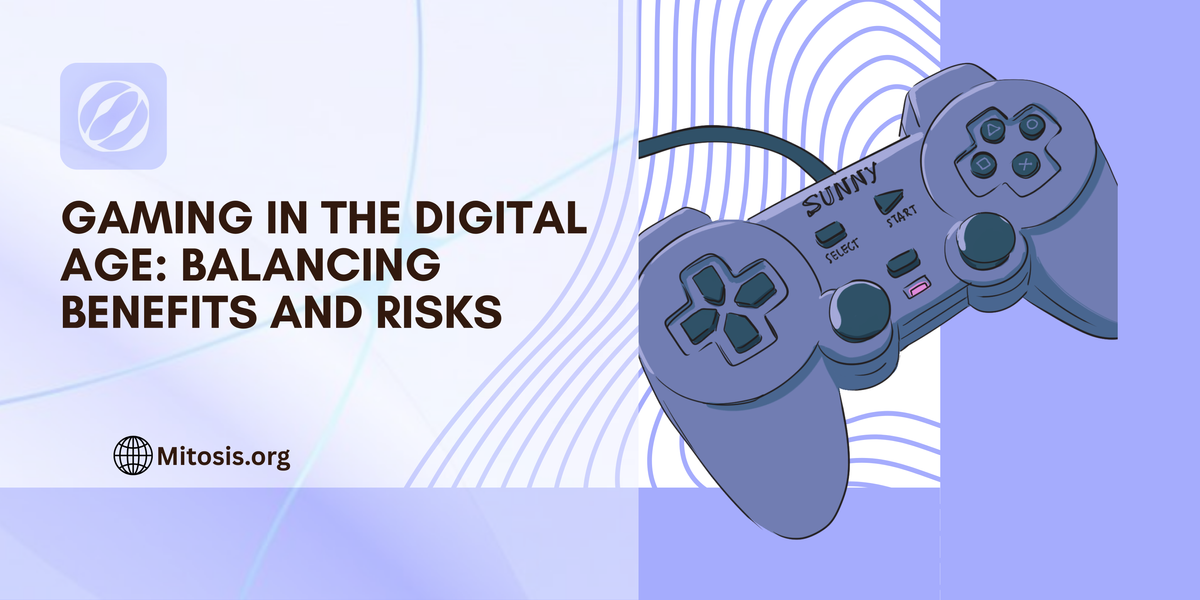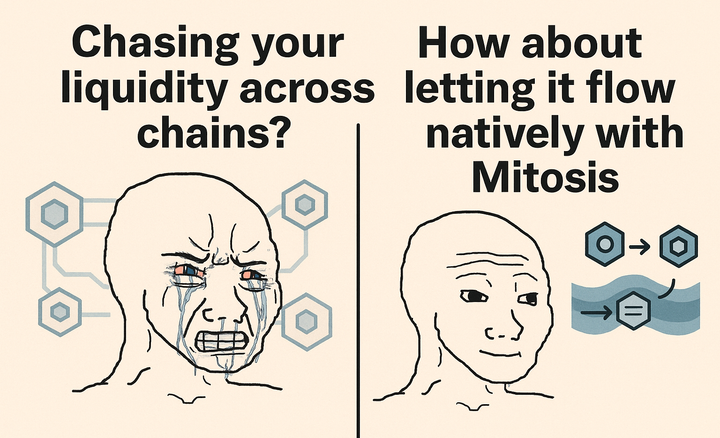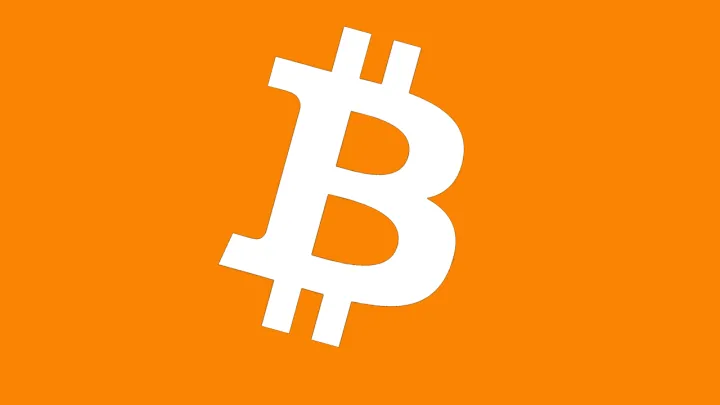Gaming in the Digital Age: Balancing Benefits and Risks

Introduction: The Dual Nature of Gaming
In today's digital era, gaming has evolved from a mere pastime to a significant cultural and economic force. While it offers numerous cognitive and social benefits, concerns about addiction and mental health implications have also emerged. This article delves into the multifaceted world of gaming, exploring its advantages, potential pitfalls, and the burgeoning intersection with blockchain technology. See https://university.mitosis.org/
Cognitive Enhancements Through Gaming
Research indicates that video gaming can bolster cognitive functions. Studies have shown that gamers often exhibit improved attention spans, enhanced problem-solving skills, and better spatial awareness. For instance, action games have been linked to increased gray matter in the brain, which is associated with memory and decision-making capabilities. See https://www.nih.gov/news-events/news-releases/video-gaming-may-be-associated-better-cognitive-performance-children
Social Connectivity and Emotional Well-being
Beyond cognitive benefits, gaming serves as a platform for social interaction. Multiplayer games foster teamwork and communication, helping players build relationships and communities. Moreover, gaming can act as a stress reliever, with many individuals turning to games to unwind and manage anxiety. See https://www.nih.gov/news-events/news-releases/video-gaming-may-be-associated-better-cognitive-performance-children
The Dark Side: Gaming Addiction
Despite its benefits, excessive gaming can lead to addiction. Symptoms include neglecting personal responsibilities, social withdrawal, and experiencing distress when not playing. The World Health Organization recognizes "gaming disorder" as a mental health condition, emphasizing the need for awareness and intervention. See https://health.clevelandclinic.org/are-video-games-good-for-you
Recognizing the Signs of Problematic Gaming
Identifying gaming addiction involves observing behavioral changes. Indicators encompass intense cravings to play, unsuccessful attempts to reduce gaming time, and continued play despite negative consequences. Early detection is crucial for effective intervention and support. See https://health.clevelandclinic.org/are-video-games-good-for-you
The Rise of Blockchain Gaming
Blockchain technology is revolutionizing the gaming industry. By integrating decentralized systems, games can offer players true ownership of in-game assets, secure transactions, and transparent reward mechanisms. See https://hedera.com/learning/gaming/crypto-gaming This shift is giving rise to "play-to-earn" models, where players can monetize their gaming experiences. See https://my.clevelandclinic.org/health/diseases/23124-video-game-addiction
Economic Implications of Crypto Gaming
The fusion of gaming and cryptocurrency has led to the emergence of new economic models. Players can earn tokens or NFTs (Non-Fungible Tokens) through gameplay, which can be traded or sold. See https://hedera.com/learning/gaming/crypto-gamingThis paradigm shift is creating opportunities for gamers to derive real-world value from their virtual endeavors. See https://my.clevelandclinic.org/health/diseases/23124-video-game-addiction
Challenges in the Blockchain Gaming Sphere
While promising, blockchain gaming faces hurdles. Issues such as scalability, high transaction fees, and regulatory uncertainties can hinder widespread adoption. Moreover, the volatility of cryptocurrencies poses risks for both developers and players. See https://hedera.com/learning/gaming/blockchain-gaming
Mitosis: Bridging Gaming and DeFi
Platforms like Mitosis are at the forefront of integrating gaming with decentralized finance (DeFi). By offering programmable liquidity and cross-chain interoperability, Mitosis enables seamless asset transfers and enhances the gaming experience. Such innovations are paving the way for more immersive and financially rewarding games. See https://mitosis.org/
Ethical Considerations in Gaming
As gaming becomes more intertwined with financial incentives, ethical concerns arise. The potential for exploitation, especially among younger players, necessitates the implementation of safeguards. Developers and platforms must prioritize user well-being, ensuring transparency and fairness in game mechanics. See https://blockworks.co/news/investors-guide-blockchain-gaming
The Role of AI in Modern Gaming
Artificial Intelligence (AI) is playing an increasingly significant role in gaming. From adaptive difficulty levels to personalized content recommendations, AI enhances user engagement. Additionally, AI-driven analytics can help identify problematic gaming behaviors, facilitating timely interventions. See https://blockworks.co/news/investors-guide-blockchain-gaming
Parental Guidance and Digital Literacy
Educating parents and guardians about the gaming landscape is vital. By understanding game content, setting boundaries, and fostering open communication, adults can guide younger players towards healthy gaming habits. Promoting digital literacy ensures that players make informed choices. See https://health.clevelandclinic.org/are-video-games-good-for-you
Future Prospects: The Metaverse and Beyond
The concept of the metaverse—a collective virtual shared space—is gaining traction. In this envisioned future, gaming, social interaction, and commerce converge, offering unprecedented experiences. As technology advances, the boundaries between virtual and real-world activities will continue to blur.
Recommendations for Balanced Gaming
To harness the benefits of gaming while mitigating risks:
- Set Time Limits: Allocate specific durations for gaming sessions.
- Diversify Activities: Encourage participation in physical, social, and educational pursuits.
- Stay Informed: Keep abreast of game content and emerging technologies.
- Seek Support: If signs of addiction emerge, consult professionals for guidance. See https://health.clevelandclinic.org/are-video-games-good-for-you
Conclusion
Gaming stands as a testament to human creativity and technological advancement. By acknowledging its potential and pitfalls, stakeholders—from players to developers—can cultivate a gaming environment that is both enjoyable and sustainable. Embracing responsible gaming practices ensures that this dynamic medium continues to enrich lives across the globe. See



Comments ()